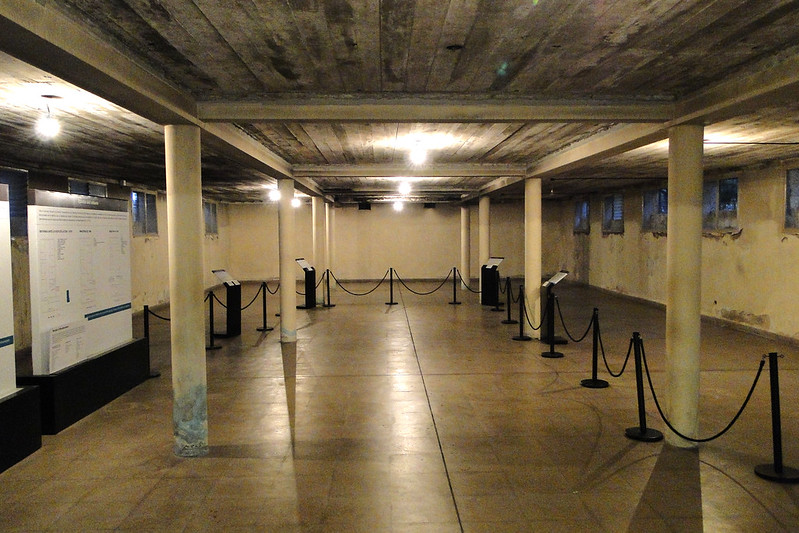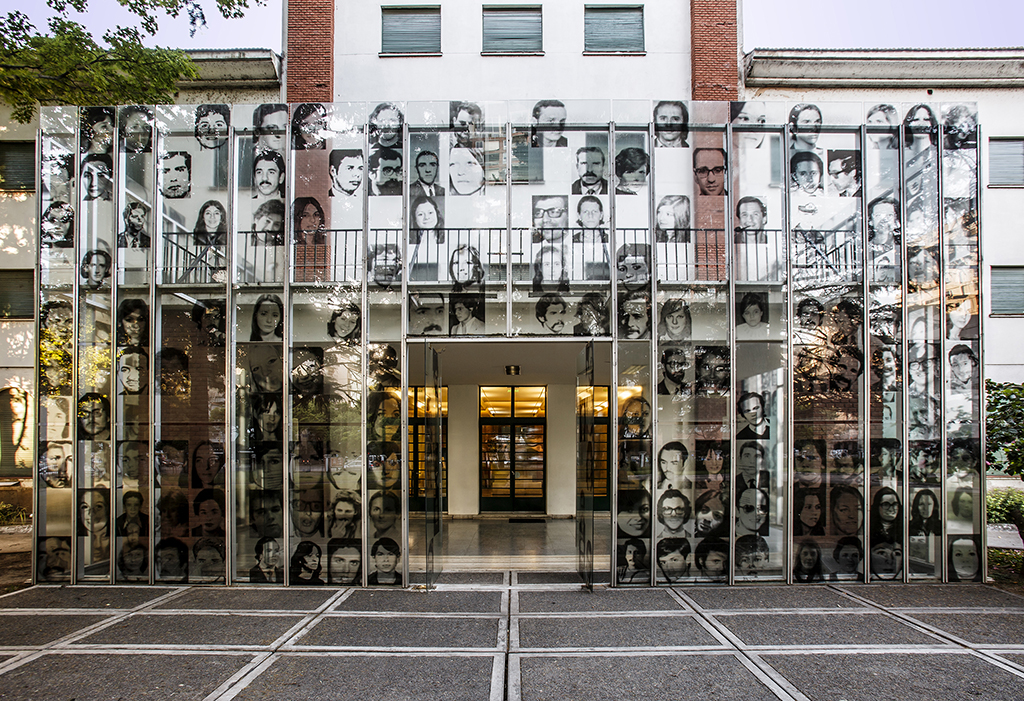A Federal Judge in Argentina has ruled that the country’s Navy should be prohibited from “purging” or “shredding” documents stored in its general archive.
The ruling comes amid steps taken by President Javier Milei’s government to minimize the historical significance of Argentina’s brutal military dictatorship, which lasted from 1976 until 1983 and resulted in the murder or disappearance of an estimated 30,000 people.
The Navy’s General Archive contains a variety of documents, such as military files, personnel files, birth and death certificates, medical reports, and naval bulletins.
Argentine news outlet Página 12 revealed last week that the Navy had decided to move the location of its general archive. Documents which were not selected to move location were due to be “purged,” with the head of the Navy authorizing the “shredding” of material.
The revelation came after an email was leaked in which Captain Jorge Javier Raimondo, of the General Secretariat of the Navy, wrote: “As of February 10, only the transfer of furniture and the archives that are still in effect in the designated locations of the Central Workshop will take place. The rest of the documents will remain in their current location for shredding and, if deemed necessary, their digitization for historical reasons/convenience of preservation.”
The process of “purging” the archives reportedly began in early January, while documents were set to move locations this month. The documents which were not selected to change location as part of the move were to be separated and destroyed.
The revelation sparked concern due to the investigations that are currently underway into potential crimes against humanity carried out by the Navy during the dictatorship.
The documents have been particularly key to investigations into the crimes that took place at the Navy Mechanics School: a clandestine detention center which has since been converted into a memorial site and is on the UNESCO World Heritage List. Approximately 5,000 people are thought to have been imprisoned in the school.
There were also fears that the destruction of documents could hinder investigations into the torture and “disappearances” which the Navy carried out in the cities of Bahía Blanca and Mar del Plata, which are located in the Buenos Aires province.
However, Federal Judge Alicia Vence has issued a precautionary measure which forbids “modifying, changing, altering and/or introducing changes and, thus, avoiding any manipulation that could alter or destroy – whether totally or partially – said documentation that is linked to crimes against humanity.”
Vence explained in her ruling, “I believe that the documents kept in the General Archive of the Navy are of immeasurable historical value for our country,” adding that they are key to “multiple processes throughout the country that aim to find out the truth about the crimes committed during the era of State terrorism, in the period of 1976-1983.”
The Navy’s efforts to destroy archived documents appear to be part of a wider picture of attempts by President Milei and his government to reduce emphasis on the country’s era of State terrorism. In January, Argentina’s Supreme Court removed two plaques marking the “Room of Human Rights,” in which trials against prominent perpetrators of state violence had taken place, while the government also closed the “memory space” established in former clandestine detention center, Virrey Cevallos.
Argentina’s Minister of Defense, Luis Petri, announced on January 30 that Milei’s government would seek to “dismantle” working groups that “operated to persecute the Forces.” The statement, which was made on X, continued, “We promote, together with the Ministry of Justice, the closure of CONADI.”
CONADI is Argentina’s National Commission for the Right to Identity, and was created in 1992 in order to comply with the International Convention for the Rights of the Child. The commission carries out genetic tests for people who have doubts about their identity (500 babies are estimated to have been stolen from their biological parents during the dictatorship), collects information about children of the “disappeared”, and investigates cases of violence against pregnant women during the dictatorship, amongst other activities.
Petri added: “With the leadership of [Javier Milei], we have taken on the challenge of reconstructing Argentina from its foundations up, revaluing the role of our Armed Forces.”
Featured image credit:
Image: Navy Mechanics School memorial center
Photographer: Adam Jones
Source: https://www.flickr.com/photos/adam_jones/5952774590
License: https://creativecommons.org/licenses/by/2.0/










